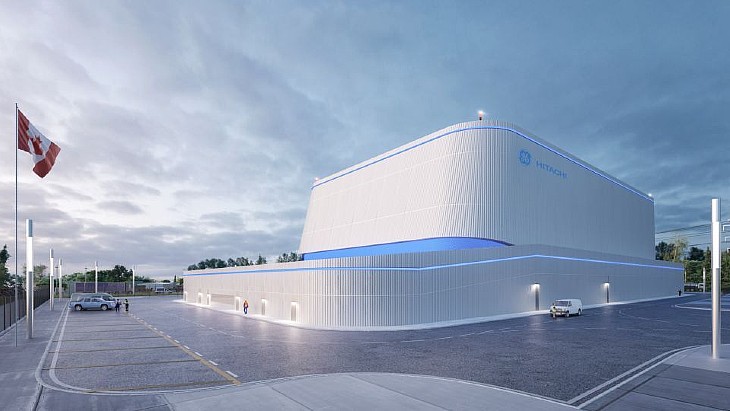Atucha 1 extension: Environmental impact study submitted
.jpg)
The study was prepared by the National Water Institute (INA) within the framework of an agreement with Nucleoeléctrica Argentina, with support from the Centre for Development and Technological Assistance (CEDyAT).
José Luis Antúnez, president of Nucleoeléctrica Argentina, highlighted the "commitment of the province of Buenos Aires to the Argentine Nuclear Plan."
Atucha 1 came into service in 1974 and its current operating licence expires at the end of 2024. It was designed and built by KWU, which was a joint venture of Germany's Siemens and AEG. Over time KWU was fully owned by Siemens, before being sold to the reactor business of France's Areva which is now owned by EDF and trading as Framatome. However, Argentina now has an experienced supply chain of its own for pressurised heavy water reactors, having completed and brought into operation the similar Atucha 2 reactor in 2016.
It has become increasingly common for pressurised heavy water reactors like Atucha 1 to undergo refurbishment, which typically involves replacing pressure tubes and fuel channels, to enable another two decades of operation. The life extension plan project will see the unit undergo a 30-month upgrade stoppage from 2024 to 2026, with Nucleoeléctrica Argentina saying 2000 jobs would be created as it modernised "all the processes and systems of the plant".
Nucleoeléctrica Argentina has put the refurbishment programme's cost at USD463 million. It has held fundraising rounds this year to cover the cost of both the life extension project and construction of a dry storage facility for used fuel.










_50521.jpg)

